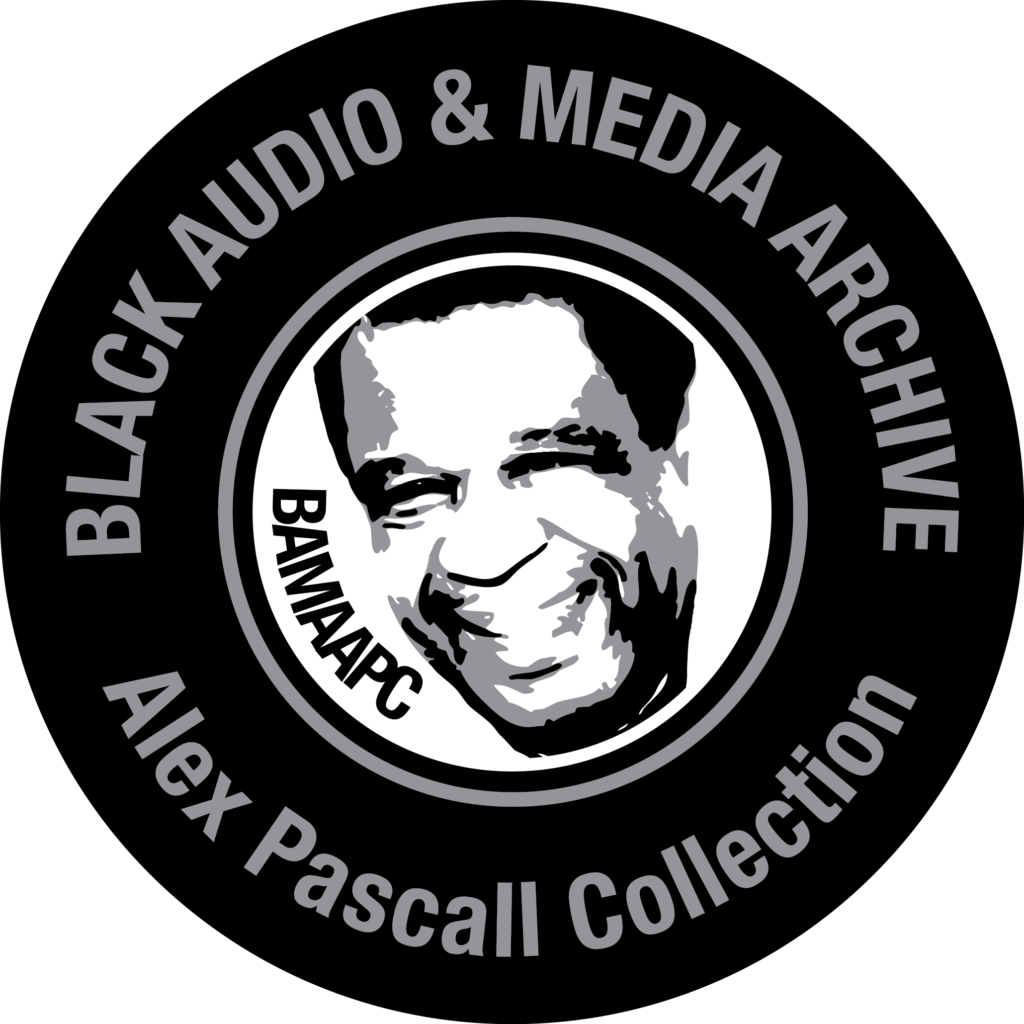- August 6, 2020
- 9:48 am
- No Comments
‘BLACK LONDONERS’ SPOTLIGHT ON THE STORY OF THE VOYAGERS OF THE SS EMPIRE WINDRUSH
Jaw Jaw Jawing By:
supportadmin_Qhh2
By Alex Pascall, OBE
In 1969 while working as a musician in London’s West End, freelance work allowed me to explore new productive areas utilizing my skills and knowledge of Caribbean culture. At that time the political scandal was raging in the British education system about West Indian children wrongful placement into special schools and stigmatized as ‘Educationally Sub-Normal’ (ESN). That decision infuriated West Indian parents; in the black community there were unease that raised questions of white supremacy and inequality.
Black parents from the West Indies attached great importance to the education of their children and thereafter the history of intervention in the schooling of Black children by the West Indian community began that prompted the first study “HOW THE WEST INDIAN CHILD IS MADE EDUCATIONALLY SUB-NORMAL IN THE BRITISH SCHOOL SYSTEM, authored By Bernard Coard, a Grenadian scholar in 1971.
One of the first areas to which I was able to apply this knowledge, was in the study of Caribbean stories and percussion in supplementary education at Thomas Carlton School in Peckham Rye, South London, where I was resident for a number of years instructing black children to make up for the inadequacies of the British education system and its refusal to teach black history and culture as an integral part of the curriculum.
It was during this time that I met the Trinidadian x-serviceman and teacher Frank Jeremiah. In our conversations I discovered that he was an x-Serviceman extremely proud of the role he and others participated in as Caribbean soldiers, fighter/bombers and merchant seamen, helping Britain in the grim task to win World War 2; Frank mentioned the SS Empire Windrush ship and spoke of its arrival at Tilbury, London. In discussions Frank made reference to the number of the West Indian x-Servicemen who were impatient to create their own association to put on record their contributions during World War 2, largely ignored in Britain, deleting them from history.
Later in 1974, I was headhunted by the Secretary of State the Community Relations Commission (CRC) and Commission For racial Equality (CRE) and the BBC, to develop black input in radio programming for the new West Indian immigrant’s presence in Britain. My Black Londoners radio programme developed single handedly was aired on BBC Radio, Local Radio station. In 1976 my Black Londoners programme was the first in British media to limelight recorded accounts of the West Indian servicemen who journeyed on the Empire Windrush ship and it’s controversial arrival at Tilbury in 1948 by parliamentarians in the House of Commons.
Recorded interviews of servicemen like Hector Watson, Frank Napier, Frank Jeremiah, Sam King and a host of other x-servicemen recorded in the early years for ‘Black Londoners’ programmes stunned listeners, they spoke passionately about their experiences and service for the war effort. These interviews generated national attention and also a theatrical play by the playwright Michael Abensettes. These West Indian servicemen in the course of time realised their desire to have their association. More recordings followed nationally of other servicemen such as Andre Shervinton, guitarist and harmonica player Cliff Hall of Cuban-Jamaican citizenship, a member of the famed Liverpool folk music group ‘The Spinners’.
With this revelation and spurred on by my wife Joyce to research the history of the Windrush ship, we made an appointment with Lloyds of London Library; there we learnt more of the Windrush ship and its journeys during the war years and its refurbishment to return servicemen to their homelands, its journey to London and its final destruction by fire in the Mediterranean Sea; no other paid attention to the West Indian’s servicemen contributions in World War 2.
I further approached the newly formed TV Channel 4 in 1982 with a treatment for a television programme about the Windrush and its arrival in Britain that was controversial with politicians in the House of Parliament. I presented the application to Sue Woodford, Channel 4’s first Commissioning Editor for multi-cultural programming who was unfortunately on her way out of the job. The treatment document was left to her successor; the new commissioning editor made no further development on my application. However, the broadcast interviews of 1976 led to interest for other radio and television programmes and publications.
What for me stood out historically, were the two calypsonians on the voyage, Aldwyn Roberts ‘Lord Kitchener’ (Kitch) who extemporized the calypso
‘London Is The Place For Me’ that earned Kitch his place in the annals of history. On the ship too was Lord Beginner, another Trinidadian who also scored historically with his composition ‘Cricket Lovely Cricket’ for the famous 1950’s victory Test Series, England Versus The West Indies.
On an assignment to ‘CARIFESTA 1981’ in Barbados I met and interviewed ‘Kitch’ for the first time. He was pleasantly surprised when I informed him that his song ‘London Is The Place For Me’ extemporized on his arrival on the SS Empire Windrush in Tilbury London, was making waves in historical documentaries. Further presentations of ‘CRICKET CALYPSO’ for broadcast and steel pan’s music popularized in my Black Londoners programmes during my 14 years of broadcast entered popular culture in British media.
© Alex Pascall
www.goodvibesonline.co.uk

